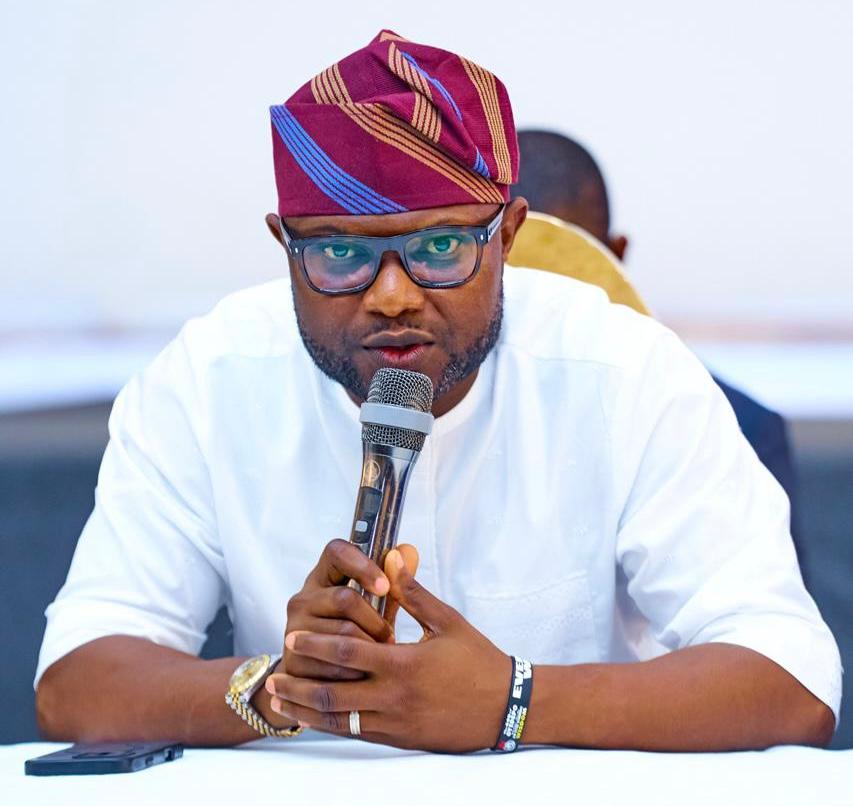A 30-year-old man, Peter Bright, has reportedly fled his hometown in northern Nigeria over fears of dying from poliomyelitis, a highly contagious and potentially fatal viral disease that continues to wreak havoc in parts of the country.
Peter, who has lived with the illness since childhood, became overwhelmed by fear and frustration after learning that Nigeria lacks adequate treatment and rehabilitation facilities for polio sufferers.
Despite decades of vaccination campaigns, many communities remain vulnerable due to poor health infrastructure, vaccine hesitancy, and a lack of follow-up care for patients already infected.
Poliomyelitis, commonly known as polio, is especially dangerous because it targets the central nervous system. In many cases, the virus invades the spinal cord, leading to sudden and irreversible paralysis, often in the legs.
In severe cases, it can affect the muscles used for breathing and swallowing, which can result in death if life-supporting interventions are not available.
Dr. Nelson John, a public health expert said, “This disease is terrifying not just because of its speed, but because of its brutality.
“It can take a healthy child or adult and render them paralyzed within days. Once symptoms appear, there’s no cure, only supportive care. That’s what makes it one of the most feared diseases in public health history.”
Recent fatalities have further underscored the threat.
In Sokoto State, a 42-year-old woman, Aminat Yusuf, died after a slow decline caused by polio-related complications — largely due to a lack of medical equipment and trained personnel.
In Edo State, a 28-year-old man, Efe Osagie, also succumbed to the disease last month, after efforts to transfer him to a better facility failed.
According to Dr. John, these tragedies highlight not only the medical severity of polio but also the deep systemic failures in Nigeria’s healthcare delivery.
With increasing reports of polio cases resurfacing in several northern and southern states, public health experts are urging for renewed nationwide vaccination campaigns, better disease surveillance, and dedicated care centres to manage post-polio complications.












